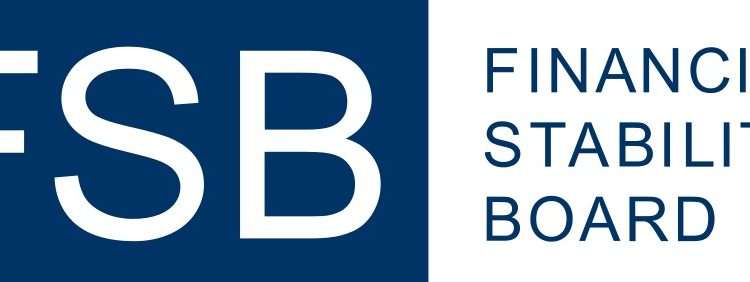2024 Global Climate-related Disclosure Progress Report
The Financial Stability Board (FSB) releases its 2024 global climate-related disclosure progress report, aimed at analyzing the development of climate-related disclosure around the world.
The Financial Stability Board believes that high-quality climate-related disclosure is crucial for assessing and managing climate and other sustainability related financial risks. The IFRS S1 and IFRS S2 released by the International Sustainability Standards Board (ISSB) in 2023 have become important standards for global climate-related disclosure.

Global Climate-related Disclosure Progress
In June 2023, the ISSB released IFRS S1 and IFRS S2, which are based on the Taskforce on Climate-related Financial Disclosures (TCFD) framework and aim to achieve high-quality sustainable financial disclosure. In July 2023, the International Organization of Securities Commissions (IOSCO) approved the ISSB standard and called on jurisdictions to use it as a benchmark for climate-related disclosures.
Capacity Building:
In 2024, the G20 Sustainable Finance Working Group (SFWG) prioritized analyzing the implementation challenges related to sustainability reporting standards to provide assistance to stakeholders, particularly in encouraging the use of ISSB standards in small and medium-sized enterprises and emerging market economies. In April 2024, the ISSB released the IFRS Sustainability Disclosure Taxonomy to assist investors in analyzing sustainable financial disclosures. In May 2024, the ISSB released a Jurisdictional Guide aimed at assisting jurisdictions in designing sustainable disclosure standards.
Interoperability:
Multinational corporations need to comply with disclosure requirements other than ISSB standards, so the Financial Stability Board considers interoperability of climate-related disclosures equally important. In May 2024, the IFRS Foundation and the European Financial Reporting Advisory Group (EFRAG) released guidelines detailing the coordination between ISSB standards and European Sustainability Reporting Standards (ESRS). In May 2024, the Global Reporting Initiative (GRI) and the International Financial Reporting Standards (IFRS) Foundation announced a strengthened collaboration aimed at providing comprehensive and sustainable disclosure information to stakeholders.
Third-party Audit and Assurance:
In addition to implementing climate information disclosure, third-party auditing has a certain binding force on improving the quality of reports. In August 2023, the International Auditing and Assurance Standards Board (IAASB) released a draft for International Standard on Sustainability Assurance 5000, aimed at providing standards for sustainable entity authentication services. This document was approved for September 2024 and released in November.
Transition Plan:
In the framework of climate information disclosure, transition plans have become a focus of attention for stakeholders. IFRS S2 does not require companies to develop transition plans, but requires companies to disclose information about the transition plans they have developed. Some jurisdictions have required or encouraged companies to disclose their transition plans. For example, the European Sustainability Reporting Standard (ESRS) requires companies to provide information on their transition plans, while the EU Corporate Sustainability Due Diligence Directive (CSDDD) requires some large companies to develop climate transition plans. The Glasgow Financial Alliance for Net Zero (GFANZ) has launched a net zero transition framework suitable for non-financial enterprises and financial institutions.
Climate Disclosure and Financial Disclosure:
The relationship between climate-related disclosure and financial disclosure is being valued by stakeholders such as investors, and IFRS S1 requires companies to provide information that enables users to understand the link between sustainable financial disclosure and financial reporting. In July 2024, the International Accounting Standards Board (IASB) released a draft, providing examples of companies disclosing the financial impact of climate factors.
Climate Disclosure and Regulation:
Regulatory agencies are also closely monitoring the relationship between climate disclosure and financial regulation in order to carry out sustainable risk monitoring such as climate. In November 2023, the Basel Committee on Banking Supervision released a proposal for a climate-related financial risk disclosure framework, aimed at analyzing bank risk situations based on IFRS S2. The International Association of Insurance Supervisors launched a consultation in July 2024 to incorporate climate related financial risks into the Insurance Core Principles and incorporate ISSB standards into the framework.
Reference:
Achieving Consistent and Comparable Climate-related Disclosures: 2024 Progress Report








